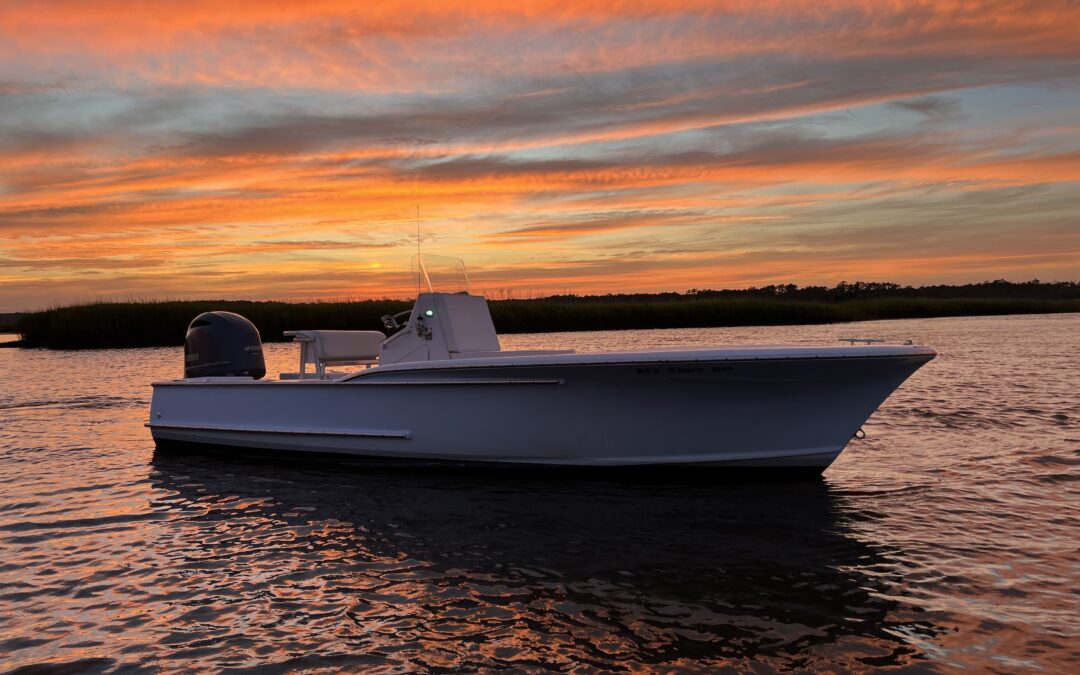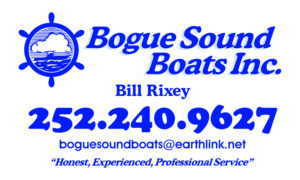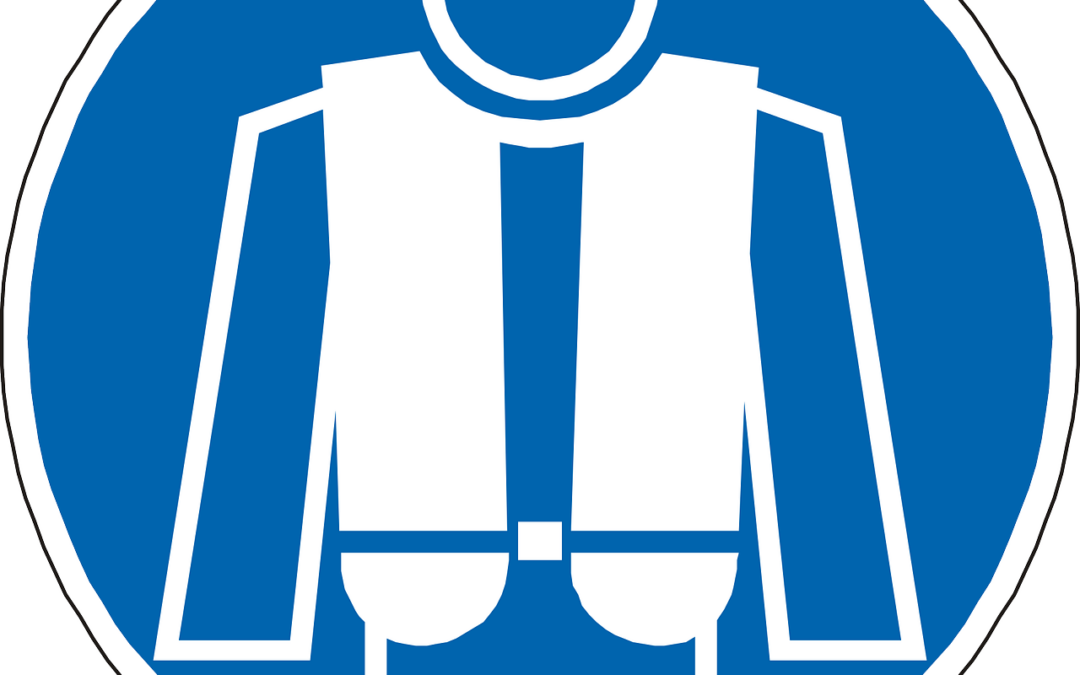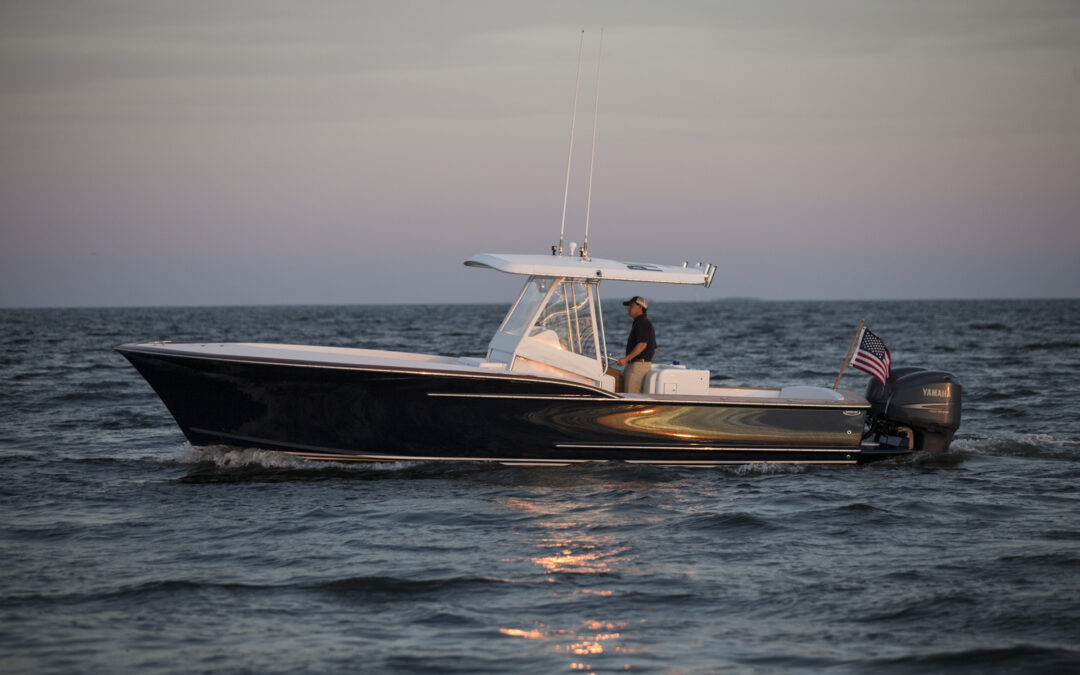
Benefits of Boat Ownership: Set Sail for Happiness
Introduction
There’s a reason so many people dream of owning a boat—it’s not just about cruising the waves or spending a day out on the water. The benefits of boat ownership extend far beyond a weekend getaway. Owning a boat is an experience that can enhance your lifestyle, bringing both relaxation and excitement, providing health benefits, and offering a chance to create lasting memories. From escaping the daily grind to embracing a more active and social life, boat ownership has the power to transform the way you live. So, if you’ve been considering taking the plunge into boat ownership, read on to discover the many ways this life-changing decision can enrich your world.
Escape the Hustle: How the Benefits of Boat Ownership Offer the Ultimate Getaway
Life in the fast lane can often leave us feeling stressed and drained. Work pressures, constant commitments, and the demands of everyday life can be overwhelming, making it feel nearly impossible to disconnect. This is where the benefits of boat ownership truly shine. A boat allows you to escape the hustle and bustle of the landlocked world and provides you with the ultimate getaway.
When you own a boat, you have immediate access to serene, peaceful waters that offer the perfect retreat from life’s pressures. Picture yourself out on a calm lake or cruising along the coastline, the gentle rocking of the boat lulling you into a state of tranquility. With no emails to check or meetings to attend, the boat becomes your sanctuary, a space for relaxation and personal reflection.
Moreover, boating provides an opportunity to reconnect with nature in a way that’s not often possible from the shore. Whether you’re anchored in a remote cove, drifting along a scenic river, or simply spending the day on the open water, the benefits of boat ownership can serve as an essential break from the everyday grind. Your boat becomes your personal escape, allowing you to recharge and return to life’s demands with renewed energy and enthusiasm.
The Social Perks of Boating: Enjoying the Community Benefits of Boat Ownership
Boating isn’t just an individual pursuit—it’s a social experience that brings people together. One of the most enjoyable benefits of boat ownership is the opportunity it provides to connect with friends, family, and even fellow boating enthusiasts. Whether you’re hosting a gathering on the water or joining local events, boat ownership offers endless opportunities for building strong relationships and making new friends.
The boating community is vibrant, welcoming, and always ready to share experiences. From weekend get-togethers to boat parades, fishing tournaments, and sailing regattas, there are numerous social events that can be enjoyed with fellow boat owners. These events foster a sense of camaraderie, where people of all backgrounds come together to celebrate their love for the water.
Owning a boat also allows you to create unforgettable memories with your loved ones. Family outings, birthday parties, and weekend adventures spent cruising the waterways provide a unique and memorable way to bond. The water provides a beautiful backdrop for making lasting connections with the people who matter most.
Furthermore, many boat clubs and organizations host meetups, rallies, and charity events that offer boat owners an opportunity to engage in fun, meaningful experiences. These gatherings not only enrich your social life but also provide a sense of belonging to something greater than yourself.
Fitness on the Water: The Active and Healthy Benefits of Boat Ownership
While boating may seem like a relaxing activity, it also offers a host of benefits of boat ownership that contribute to an active, healthy lifestyle. Being on the water can actually improve your physical and mental well-being, and here’s how.
For starters, boating encourages outdoor physical activity. Whether you’re kayaking, paddleboarding, fishing, or simply maneuvering your boat, these activities engage your muscles and help improve your cardiovascular health. Many boating enthusiasts enjoy the physical demands of boating, such as raising and lowering sails, hauling gear, or participating in water sports like wakeboarding and water skiing.
Even if you prefer more leisurely activities, boat ownership still encourages movement. Docking and maintaining your boat involves lifting, cleaning, and ensuring everything is in top shape. These activities help keep you active and engaged while also fostering a sense of accomplishment as you maintain your vessel.
Additionally, the time spent on the water offers mental health benefits. The gentle rhythm of the water and the fresh air have been proven to reduce stress, lower blood pressure, and improve overall mood. Being surrounded by nature allows you to reset, providing a mental break from the usual stresses that can take a toll on your health.
From Hobby to Legacy: Passing Down the Benefits of Boat Ownership to Future Generations
One of the most profound benefits of boat ownership is the opportunity to pass down the experience to future generations. A boat can become a family heirloom, a tradition that connects generations and creates lasting memories.
Imagine the joy of teaching your children or grandchildren how to sail, fish, or simply enjoy a day on the water. The boat becomes a catalyst for learning, sharing, and bonding, passing down life lessons in a way that’s both fun and meaningful. Your boat can carry the same joy it’s given you to the next generation, giving them the tools to create their own memories.
The experiences you share on the water can form the foundation of a family tradition, where each summer or holiday brings everyone together for time on the boat. These moments of togetherness create a legacy that will be cherished for years to come.
Additionally, owning a boat allows you to instill values such as responsibility, teamwork, and appreciation for nature in your children or grandchildren. As they grow older, they’ll not only carry these values with them, but they may also look forward to one day owning a boat of their own.
A Life Well-Lived: How the Benefits of Boat Ownership Bring Joy and Fulfillment
Boat ownership is about more than just owning a vessel—it’s about embracing a lifestyle that promotes happiness, health, and fulfillment. The benefits of boat ownership extend to all aspects of life, transforming the way you live and interact with the world.
The joy of owning a boat is found in the simple pleasures—watching the sunset over the water, feeling the wind in your hair, and embracing the freedom of the open water. It’s an invitation to slow down, appreciate life, and find peace in the present moment. Whether you’re sailing, fishing, or just enjoying a quiet day afloat, boating offers an unparalleled sense of satisfaction and joy.
Moreover, the experiences you have while boating provide rich memories that last a lifetime. From the adrenaline rush of water sports to the quiet, reflective moments spent drifting along a peaceful shoreline, boat ownership fosters a deep sense of connection to nature and to the people you care about.
The benefits of boat ownership extend beyond the activities on the water; it’s about creating a life that’s meaningful, adventurous, and full of happiness. It’s about doing what you love, with the people you love, in one of the most beautiful environments nature has to offer.
Conclusion
Owning a boat is so much more than simply owning a piece of equipment—it’s a gateway to an enriched, joyful lifestyle. From offering the ultimate escape from the hustle of everyday life to fostering social connections and enhancing physical well-being, the benefits of boat ownership are truly transformative. Whether you’re passing down traditions to the next generation or creating your own memories on the water, the boat becomes a symbol of a life well-lived.
So, if you’re ready to embrace the happiness, relaxation, and fulfillment that boat ownership offers, there’s no better time than now to make it happen. Call Bill Rixey at Bogue Sound Boats – 252-240-9627 to purchase your boat!



